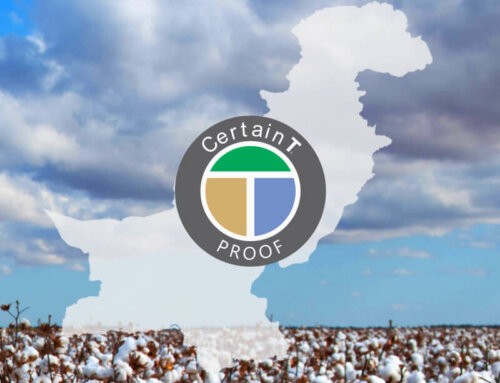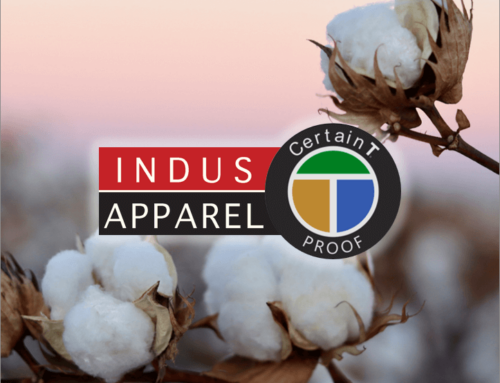Banned Chinese cotton found in 19% of US and global retailers’ merchandise, study shows
NEW YORK, May 7 (Reuters) – Traces of banned Chinese cotton were found in 19% of a sample of merchandise selling at U.S. and global retailers in the past year, a study showed, highlighting the challenges of complying with the U.S. law aimed at blocking imports of cotton linked to forced labor in China.
In the study released on Tuesday, researchers from natural resource analytics, isotope testing firm Stratum Reservoir and DNA lab Applied DNA Sciences (APDN) analyzed garment samples, cotton swabs and shoes from big box retailers and e-commerce platforms. The firms declined to name the retailers whose merchandise they tested.
The scientists used isotopic testing, which can link cotton to specific geographic areas by analyzing the concentration of stable elements like carbon and hydrogen present in both the crop and the environment in which it has been grown, experts say. They tested the merchandise for traces of cotton from Xinjiang, the far western region of China.
The U.S. enacted a law in 2021 to safeguard its market from products potentially tainted by human rights abuses in Xinjiang, where the U.S. government says China is committing genocide against Uyghur Muslims.




